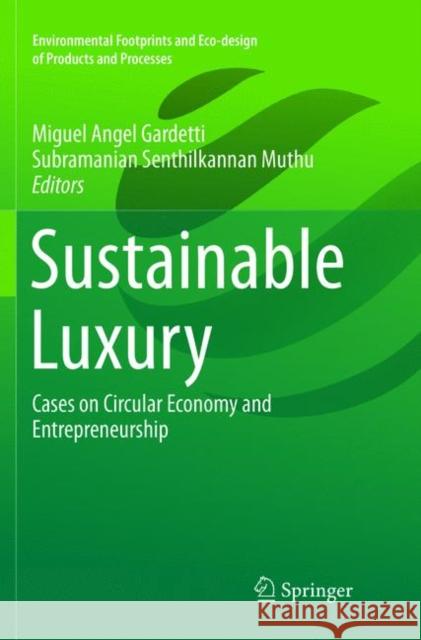Sustainable Luxury: Cases on Circular Economy and Entrepreneurship » książka
topmenu
Sustainable Luxury: Cases on Circular Economy and Entrepreneurship
ISBN-13: 9789811344640 / Angielski / Miękka / 2019 / 160 str.
Kategorie BISAC:
Wydawca:
Springer
Seria wydawnicza:
Język:
Angielski
ISBN-13:
9789811344640
Rok wydania:
2019
Wydanie:
Softcover Repri
Numer serii:
000772921
Ilość stron:
160
Waga:
0.25 kg
Wymiary:
23.39 x 15.6 x 0.94
Oprawa:
Miękka
Wolumenów:
01
Dodatkowe informacje:
Wydanie ilustrowane











